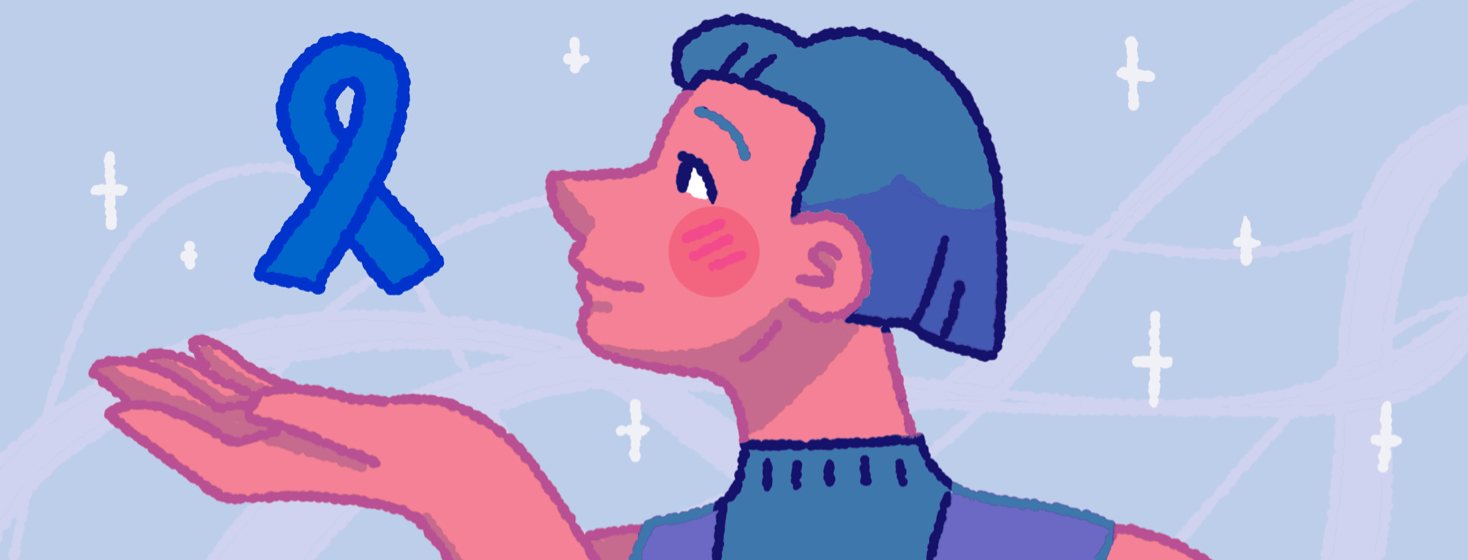3 Ways Ankylosing Spondylitis Has My Life MUCH Better
When we think about our lives with ankylosing spondylitis (AS), it can sometimes feel like we're battling eternity. An eternity of chronic pain, stiffness, fatigue, all of the comorbidities, doctors, and medications. I won't lie and say that's not daunting. Of course, it is. But we can't erase reality; we can only manage it. And that's where the road forks.
We can choose to be shaped by AS, or we can choose to shape our experiences ourselves. This isn't toxic positivity. Tonight I'm on three hours of sleep because the pain has been brutal. It's just reality. When I say, "I'm in charge of my body," I want to mean that. I can feed it. Nurture it. Tend to it. I can choose to treat it with love. I can give it water and rest. I can move gently. Or I can sit in constant resentment and anger. In the long run, it's better to give the majority of my energy to what I can do, not what I cannot. The cortisol build-up, the residue of body hate and angst—none of that serves me.
In a way, AS has given me — or forced upon me — some essential life tools that have enriched my life, especially with a chronic disease. None of these tools erase the pain, financial burden, or loneliness of disease. But I choose to lean in with perspective, determination, and hope, rather than resentment. I try to find some silver lining.
Empathy
In total honesty, I'll admit this: Until I was 25, I experienced total health privilege. I never so much as broke a small bone or was ever hospitalized (aside from some childhood bouts with severe poison ivy). And although it hurts me to admit it, I had no real established understanding of others' suffering or true empathy. I wasn't void of sympathy—and it's not a comfortable confession—but having my own pain made me recognize it in others.
Now my heart pangs when I see someone limping or struggling to move, and I can more easily connect with others when I hear of their struggles. This has opened my eyes to advocating for accessibility in ways I never thought of before. Society is setup for the abled as a default; it takes being disabled or dynamically disabled to see how that impacts people. And AS has given me that sort of third eye.
Presence
Living with AS means knowing my boundaries and limitations as much as it means knowing what's good for me. Walking, sunlight, good sleep, nutritious food, stress management — this is all good for me. Too many late nights, empty calories, life disorganization and extra stressors, or sleep deprivation due to work overload — none of this works for me. I can choose what feels good to me now, and I have a very good reason to do so. I take time to be quiet, to seek peace, to go inward. I listen to my body. I savor the soft, cozy moments. I connect with nature. AS gives me the chance to be present inside my life.
Education
You know when you hear people say, "I heard XYZ can give you cancer!" or "I guess I'll just try [enter extreme diet]"? Most of the time people are largely uninformed. They go by what they heard. They read blogs that aren't fact-checked. They lean into scare tactics. Having AS has made me do my own research (it helps that I'm also a journalist). It's made me ask questions, seek answers, and do my due diligence before assuming food will cure me. (Hint: it won't).
What has AS done for you?

Join the conversation